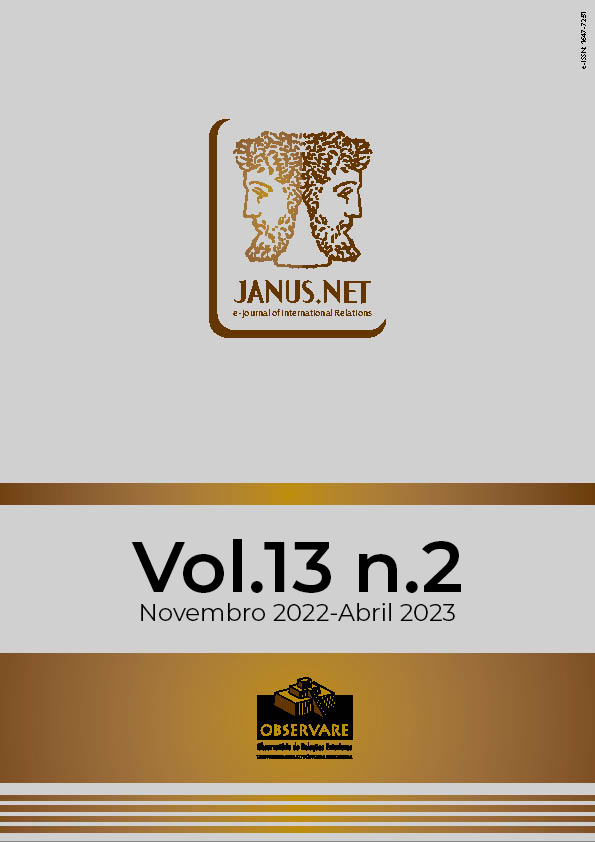Under the conditions of the global pandemic, the problem of international legal regulation of
relations in the field of human rights and freedoms becomes extremely relevant. It must be
recognized that the pandemic and its socio-economic consequences will have a
disproportionate and detrimental effect on the rights of women, children, the elderly,
refugees, migrants, displaced persons and the others in at-risk population group. In this
situation, the problem of respect for rights of persons in detention facilities deserves special
attention. After all, when a person gets into prison, he actually becomes isolated not only
from the society, but also from the opportunity to exercise his constitutional rights and
freedoms.
The purpose of this research is to review the problem of human rights and freedoms restriction
under the conditions of the global pandemic in terms of the execution of the Convention for
the Protection of Human Rights and Fundamental Freedoms of 1950 and the case law of the
European Court of Human Rights, as well as identification and delineation of the problem areas
such as detention facilities containing prisoners who are in fact an at-risk group for the
Coronavirus disease (COVID-19) spread, and in which, despite the relative control of the
whole system, it will be very difficult to stop the spread of the disease in case of its spread in
these institutions.
Proceeding from this goal, we want to draw attention to the observation of international legal
requirements for the legitimacy of human rights and freedoms restrictions in the global
pandemic, as well as the Coronavirus disease spread in detention facilities, disclose the
content of international legal acts containing specific measures and recommendations, which
may be useful in their implementation in the penitentiary institutions practice to prevent the
uncontrolled spread of COVID-19.
PRISONERS’ RIGHTS ISSUES IN THE ASPECT OF HUMAN RIGHTS PROTECTION UNDER THE CONDITIONS OF THE CORONAVIRUS DISEASE PANDEMIC (COVID-19)
Professor of the Department of Constitutional and International Law of Faculty 4 of Kharkiv
National University of Internal Affairs (Ukraine), Ph.D. in Law, Associate Professor.
Associate Professor of the Department of Constitutional and International Law of Faculty 4 of
Kharkiv National University of Internal Affairs (Ukraine), Doctor of Legal Sciences, Associate
Professor.
Associate Professor of the Department of Constitutional and International Law of Faculty 4 of
Kharkiv National University of Internal Affairs (Ukraine), Ph.D. in Law, Associate Professor.
evgeniyalogvinenko11@gmail.com
Associate Professor of the Department of Constitutional and International Law of Faculty 4 of
Kharkiv National University of Internal Affairs (Ukraine), Ph.D. in Law, Associate Professor.
Resumo
Palavras-chave
Como citar este artigo
Under the conditions of the global pandemic, the problem of international legal regulation of
relations in the field of human rights and freedoms becomes extremely relevant. It must be
recognized that the pandemic and its socio-economic consequences will have a
disproportionate and detrimental effect on the rights of women, children, the elderly,
refugees, migrants, displaced persons and the others in at-risk population group. In this
situation, the problem of respect for rights of persons in detention facilities deserves special
attention. After all, when a person gets into prison, he actually becomes isolated not only
from the society, but also from the opportunity to exercise his constitutional rights and
freedoms.
The purpose of this research is to review the problem of human rights and freedoms restriction
under the conditions of the global pandemic in terms of the execution of the Convention for
the Protection of Human Rights and Fundamental Freedoms of 1950 and the case law of the
European Court of Human Rights, as well as identification and delineation of the problem areas
such as detention facilities containing prisoners who are in fact an at-risk group for the
Coronavirus disease (COVID-19) spread, and in which, despite the relative control of the
whole system, it will be very difficult to stop the spread of the disease in case of its spread in
these institutions.
Proceeding from this goal, we want to draw attention to the observation of international legal
requirements for the legitimacy of human rights and freedoms restrictions in the global
pandemic, as well as the Coronavirus disease spread in detention facilities, disclose the
content of international legal acts containing specific measures and recommendations, which
may be useful in their implementation in the penitentiary institutions practice to prevent the
uncontrolled spread of COVID-19.
Artigo recebido em 13 Janeiro, 2022 e aceite para publicação em 21 Setembro, 2022















